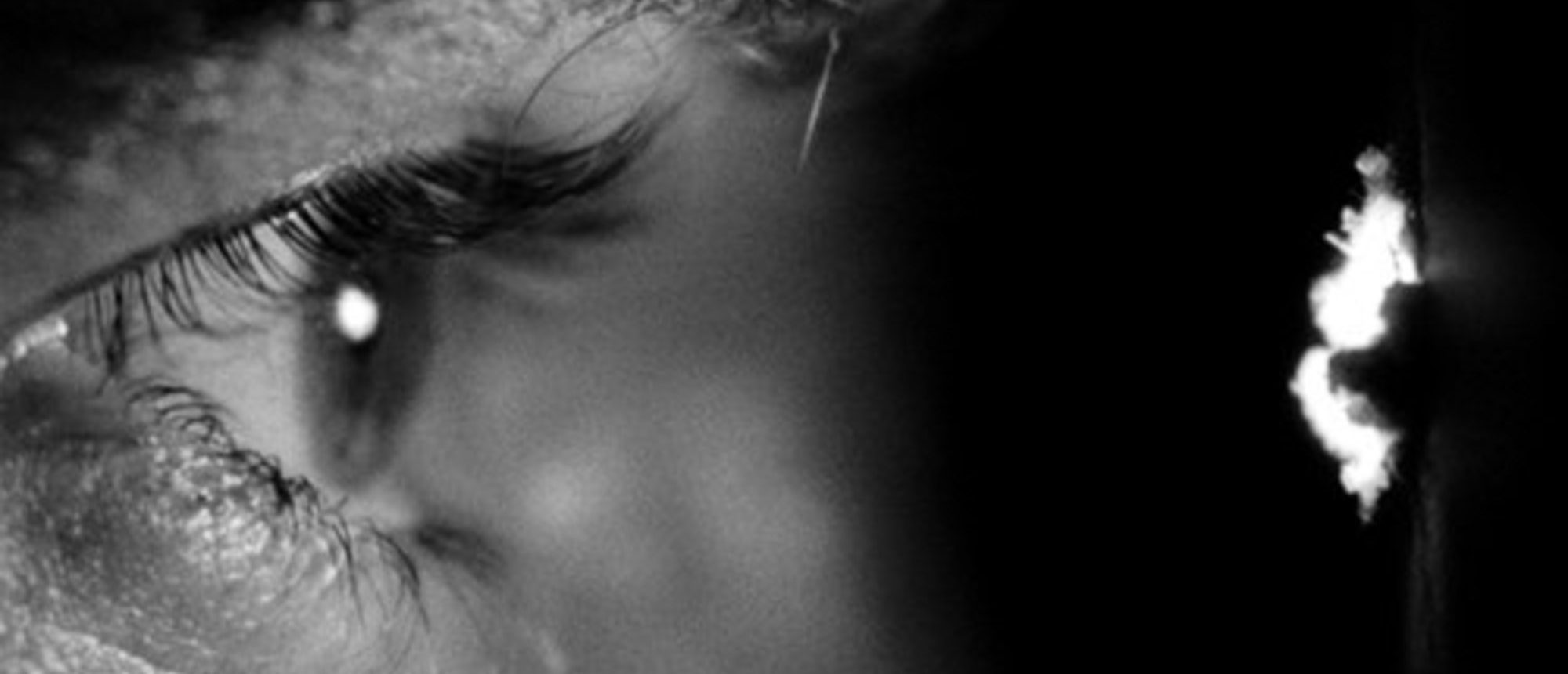
“I used to live in a burning building. And it was cheap! It was Charlie’s and my first house. Scoff if you must, but it was warm and toasty. I’ll never forget Charlie throwing me over his shoulder and dashing across the threshold… oh, it was a beautiful place. Three bedrooms, two baths. Then two bedrooms and one bath. Eventually, we outgrew the place.”
There aren’t many sitcoms more likable than The Golden Girls. The premise sounds stuffy, but the sharp writing and flawless performances make it feel like one of the freshest comedies to air in the 80s and 90s — or even since. The core quartet is so well-defined, the jokes run like clockwork, and even though we know the general tenor of what will happen — Blanche will say something slutty, Rose will say something stupid, Dorothy will deliver a sarcastic quip, and Sophia will be politically incorrect — it’s never totally predictable. The writers found enough ways to jumble up the same kinds of jokes over seven whole seasons.
The Golden Girls premiered on September 14, 1985, and ended in May 9, 1992, beginning its run as a competitor of Lucille Ball’s final sitcom, Life With Lucy, and ending in the early days of Home Improvement. In the years between, it tackled a surprising number of heavy “issues” for a show about four old ladies — among them interracial relationships, homelessness, Alzheimer’s, suicide, AIDS, teen pregnancy, and gay monogamy. It’s easy to imagine this growing tedious, but at every turn the writers are thoughtful about the subject matter, even when the episodes themselves vary in quality. The Golden Girls is never careless. That’s not something you can say about many 80s sitcoms. Going into the episode, I knew The Golden Girls was a beloved and progressive show, particularly adored by gay men, but I never gave it much thought. This time around, I recognized why a show about four vibrant, thriving, sexually active women of a certain age felt (and still feels) so revolutionary. The women are widows (except Dorothy, who is divorced), and all have children, but aside from the mother-daughter bond between Sophia and Dorothy, their history as wives and mothers isn’t terribly important. Family members pop in and out of the show, usually for just an episode or two. Dorothy’s ex sticks around for longer than he should — I avoided these episodes, not wanting to see Dorothy in this mode — but from beginning to end, the show relied on the chemistry of the friendship between its four leads. They never added a new character or made drastic changes to the show’s initial setup. No one moved in, no one moved out. No one got married. (All of this happened in the series finale, of course.)
Going into the episode, I knew The Golden Girls was a beloved and progressive show, particularly adored by gay men, but I never gave it much thought. This time around, I recognized why a show about four vibrant, thriving, sexually active women of a certain age felt (and still feels) so revolutionary. The women are widows (except Dorothy, who is divorced), and all have children, but aside from the mother-daughter bond between Sophia and Dorothy, their history as wives and mothers isn’t terribly important. Family members pop in and out of the show, usually for just an episode or two. Dorothy’s ex sticks around for longer than he should — I avoided these episodes, not wanting to see Dorothy in this mode — but from beginning to end, the show relied on the chemistry of the friendship between its four leads. They never added a new character or made drastic changes to the show’s initial setup. No one moved in, no one moved out. No one got married. (All of this happened in the series finale, of course.)
The Golden Girls tackled bold topics, but never let plot dictate character. Pop in a random episode of The Golden Girls, and it’d be tough to tell which season it’s from. The set never changed. The characters never changed. The jokes never even changed that much! It’s hard to explain how this much consistency never got stale, but that’s part of the magic formula that has helped the show endure. Like the four fine, funny females who anchored the series, the series did age but never got old.
Public service announcement: Season Six’s “Sister of the Bride” is my episode recommendation, if you’re looking for a place to start. You likely won’t be able to stop there.
*
